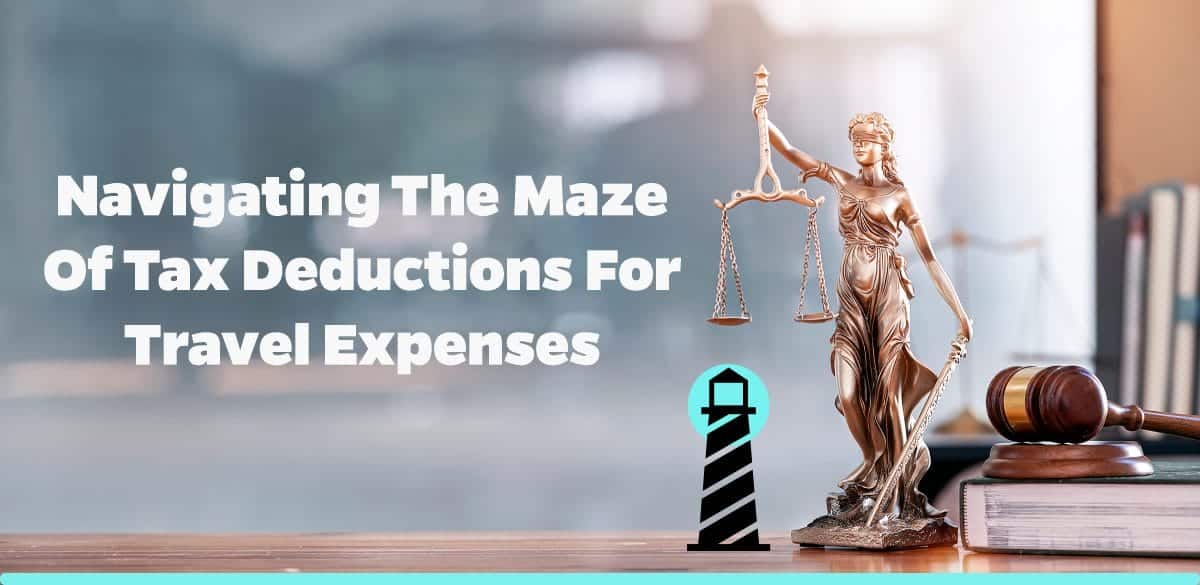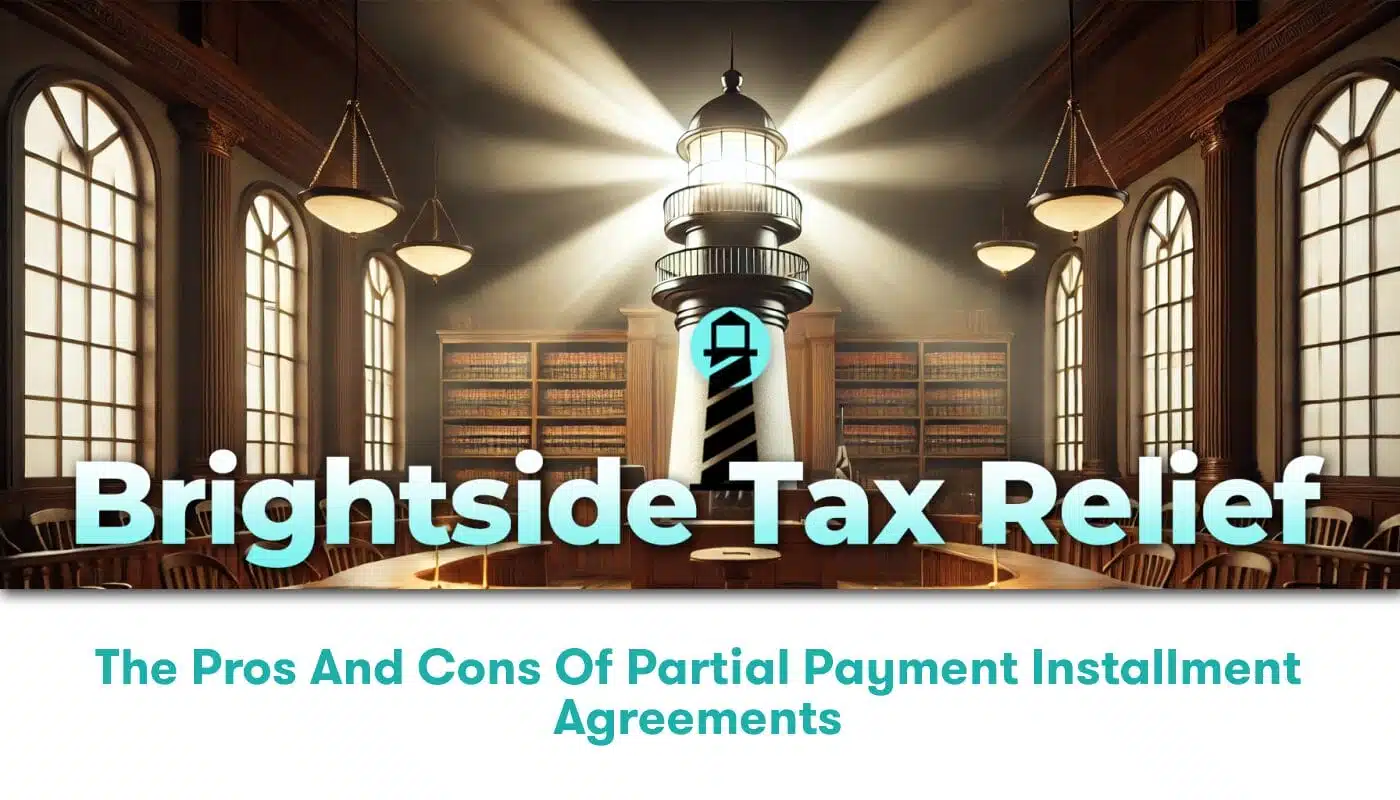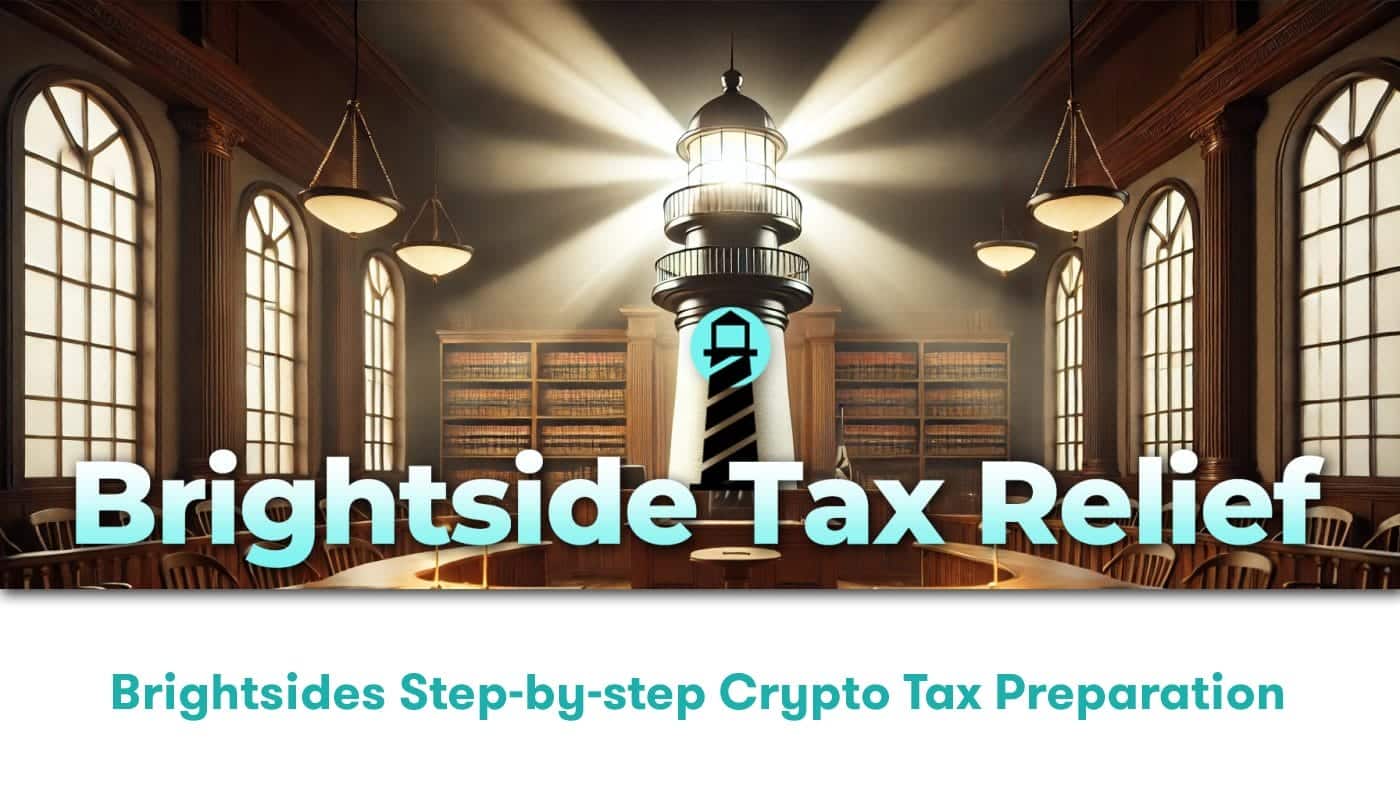Understanding Travel Expense Deductions
In the complex labyrinth of tax laws, understanding and capitalizing on deductions is a vital skill for both business owners and individuals. An area that is often overlooked, however, is the deduction of travel expenses. Brightside Tax Relief, being a leading nationwide tax relief company, realizes the importance of making its clients aware of their deductibility. We believe that the right guidance can be instrumental in navigating through this convoluted labyrinth. Travel expense deductions can be complex, but with the right information, you can take advantage of them to effectively reduce your tax liability.
Eligibility for Travel Expense Deductions
You might wonder “who qualifies for travel expense deductions?” To answer that, the IRS authorizes deductions for travel expenses which are ordinary and necessary in carrying out your trade or business. If you’re self-employed, an employee or an investor who meets these requirements, you can benefit from these deductions. Remember, only unreimbursed travel costs can be filed for deductions.
Key eligibility points include:
– Be it a business owner, employee, or an independent contractor, the expenses must be associated with your business or job.
– Typical deductible travel expenses include the cost of transportation, meals, accommodation, and other necessities related to your business.
– Deductions are not for personal travel expenses; your travel must be primarily for business purposes.
– Deductions for international travel have specific rules and limitations.
Understanding What Qualifies As a Deductible Travel Expense
The IRS sets exact and inflexible guidelines on what qualifies as allowable business travel deductions. Echoing the IRS’s guidance, deductions can be classified into two groups: ‘Travel expenses’ and ‘Use of Car.’ The ‘Travel Expense’ includes the cost of transportation (flights, trains, buses), lodging, meals, tips, taxis, laundry, and more. The ‘Use of Car’ includes standard mileage rates, the actual expense of your car (insurance, repairs, maintenance), parking and tolls.
Claiming Your Travel Expense Deductions
To claim your travel expense deductions, be meticulous in documenting, recording, and storing your travel expense receipts. When filing your tax return, you’ll need to complete Form 2106, Employee Business Expenses, or Form 2106-EZ, Unreimbursed Employee Business Expenses. There are lines specifically for travel expenses, where you can input cost for transportation, meals, accommodation, and other expenses. It’s crucial to know that you can only deduct the part of the expense that exceeds 2% of your Adjusted Gross Income (AGI).
Our key recommendations for claiming deductions are:
– Keep paperwork: Maintain receipts, invoices and any additional corresponding paperwork for every travel-related expense.
– Regular documentation: Keep an updated record of your travel expenses as and when they happen. This practice also minimises the risk of omitting an expense.
– Seek professional help: Understanding travel expense deductions can be a challenge, so we recommend seeking professional advice.
Maximizing Travel Expense Deductions
Maximising your travel expense deductions means ensuring you claim all the allowable deductions you’re entitled to. Although there’s no shortcut to understanding and claiming all eligible deductions, an organized, diligent and careful approach can reap significant rewards. An example of this is opting to use the standard mileage rate to deduct the operating cost of your vehicle rather than the actual expense method.
Navigating the Complexities
Understanding and leveraging travel expense deductions is a difficult task, but it’s not impossible. Brightside Tax Relief is here to help you navigate these complexities. The IRS sets forth clear guidelines on what you can and can’t deduct, but interpretation and application of these rules is often what makes the difference.
It’s recommended to keep a complete and accurate account of all of your travel expenses. By doing so, you can not only maximize your travel expense deductions, but also have documentation ready if your tax return is ever queried.
Seek Expert Assistance
Travel expense deductions can be quite confusing and overwhelming. They’ve grown more complex with the ever-changing tax laws. And while navigating this maze may seem daunting, remember that help is available. Seeking professional help often proves to be instrumental in ensuring that you correctly play within the boundaries of tax laws while maximizing your deductions.
Closing Thoughts
As always, the key takeaway is that knowledge is power. Understanding the nuances of travel expense deductions can spell the difference between a hefty tax bill and significant savings. The world of tax laws is often tricky. With Brightside Tax Relief by your side, navigating this maze won’t seem as daunting. Your diligence and our expert guidance together can make the complex world of tax deductions a little less confusing and a lot more accessible.






